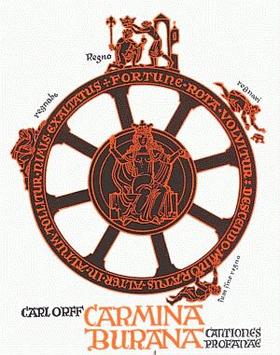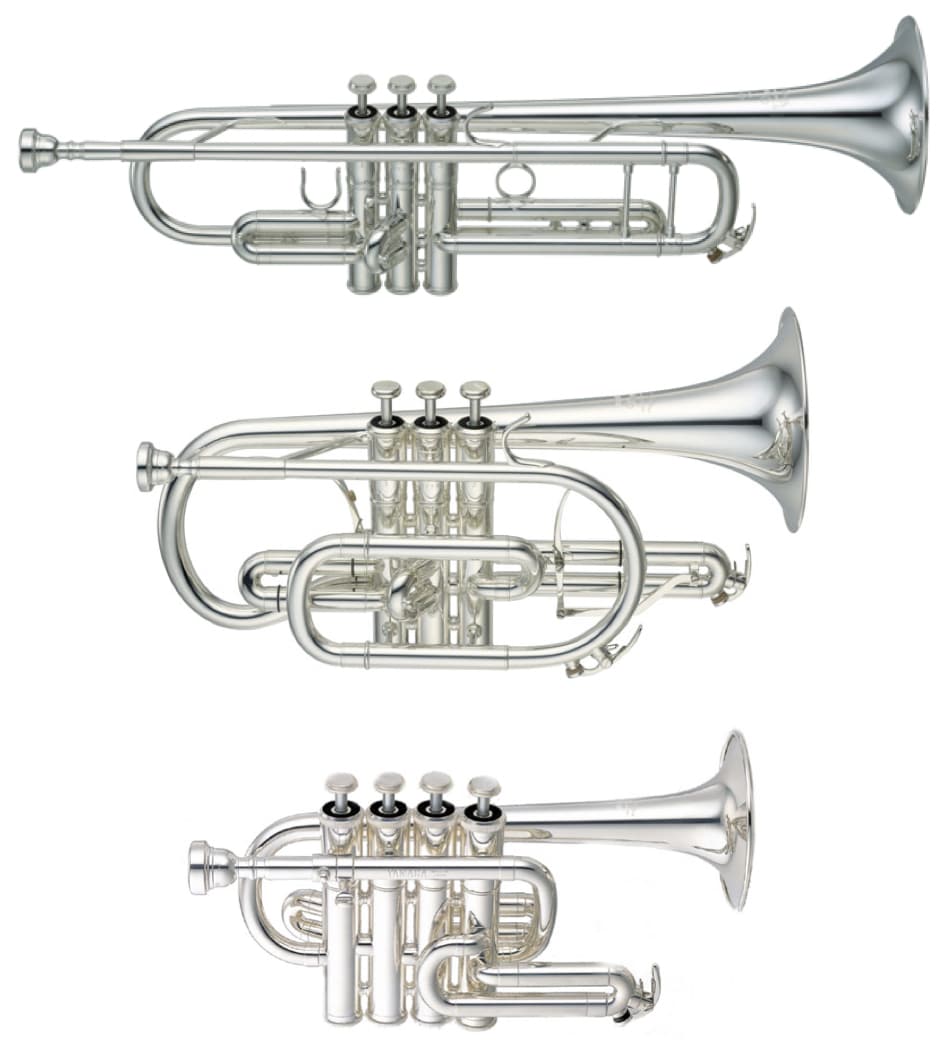 Featuring Guest Artist John Ferrillo
Featuring Guest Artist John Ferrillo
Principal Oboe with the BSO
December 11 & 12, 2015
Review by Vanessa Rene
The Concord Band has proven once again that music makes the holidays brighter with their annual Holiday Pops program this past weekend. Normally, we don’t write reviews of Pops programs because, after all, they’re Pops programs, right? This one was completely different, though, through the addition of solo performances by John Ferrillo, Principal Oboist with the Boston Symphony Orchestra. His inspired performances left the audience transfixed, including this reviewer and several of her friends in the audience who are, after all, students of the oboe as well.
The Concord Band is a gem, and the Greater Boston community is very fortunate to have this group as a cornerstone of the community. They performed several well-known favorites, such as Overture to a Winter Festival by James Curnow (commissioned by the Concord Band in 1995), Chanukah is Here by Calvin Custer, Swingin’ Santa, arranged by William McManus and Auld Lang Syne, a stirring and emotional arrangement of the traditional theme by the late William Toland, founding director of the Concord Band and long-time educator in the Bedford School System. These winter favorites were played cleanly and crisply, as is to be expected of this high-caliber performing group.
A new piece, Minor Alterations by David Lovrien, consists of many old favorite Christmas melodies set in a minor mode. Conducted by Assistant Director Steve Barbas, it is a bit like “Mary Poppins” meets “The Nightmare Before Christmas,” and was thoroughly delightful.



















